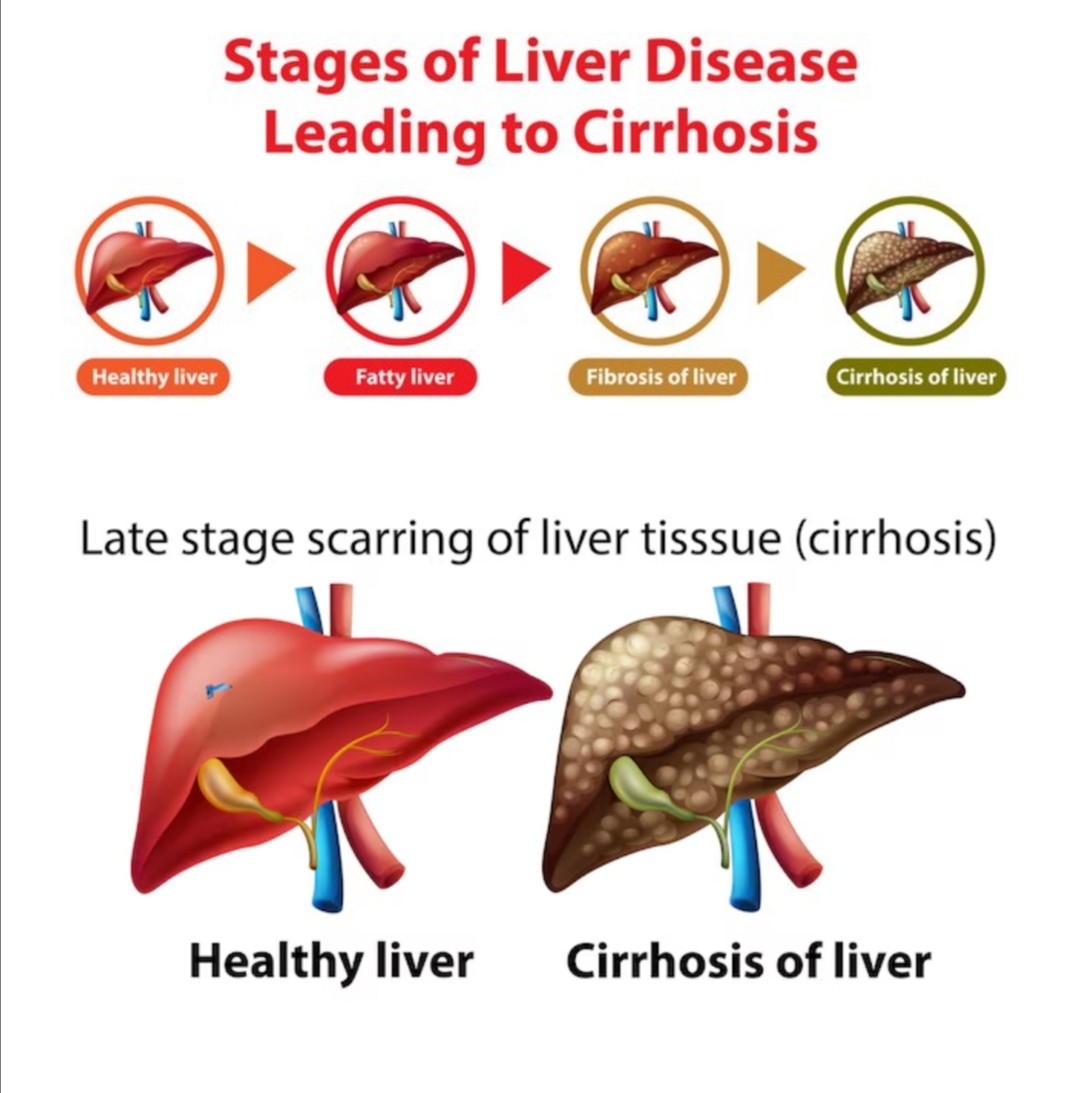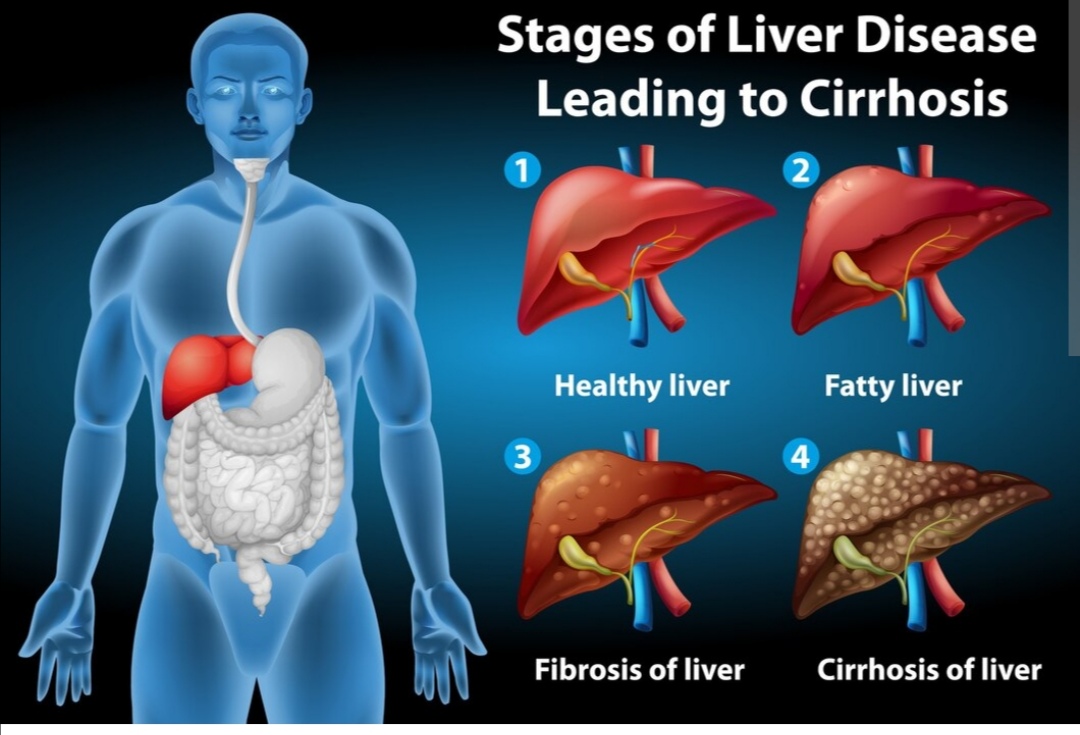Liver cirrhosis can be reversed? Causes, Learn about treatment and hope for recovery:
Cirrhosis is a progressive and irreversible disease in which a healthy liver is replaced by a scar that affects liver function over time. Although it is often impossible to completely reverse cirrhosis, early diagnosis and intervention can slow the progression of the disease and improve quality of life.
Understanding cirrhosis:
Cirrhosis causes inflammation and pain in the chest. Common causes include:
Long-term alcohol use: Drinking too much alcohol over a long period of time can cause high blood pressure, which can cause high blood pressure and pain. If left untreated, chronic inflammation can lead to fibrosis (scarring) and cirrhosis. Nonalcoholic steatohepatitis (NASH) and can eventually lead to cirrhosis, especially in people with obesity, diabetes, or metabolic syndrome.
Autoimmune hepatitis and genetic disorders: Autoimmune conditions where the body's immune system attacks liver cells, as well as genetic disorders such as hemochromatosis (excess absorption of iron) and Wilson's disease (copper build-up), can also lead to cirrhosis.

Can cirrhosis be slowed or stopped?
For people with alcohol-related cirrhosis, it is important to prevent further liver damage.. Eating a healthy diet low in salt and saturated fat, maintaining a healthy weight, and getting regular physical activity can help manage complications and improve liver function.
Medications: Depending on the cause and symptoms of cirrhosis, medications may be prescribed. Antiviral drugs are used to treat hepatitis B and C infections, reduce liver inflammation and prevent further fibrosis. Medicines may also be prescribed to manage complications such as ascites (fluid build-up in the abdomen) and hepatic encephalopathy (impaired brain function due to liver failure).
Monitoring and diagnosis:
Regular monitoring of liver tests (including liver enzymes and blood clotting) and imaging studies (such as ultrasound or MRI) are important for disease monitoring and early detection of problems...
Liver Transplant: How It Works
If cirrhosis progresses to end-stage liver disease or liver failure, a liver transplant may be considered. Liver transplantation involves surgery to replace a diseased liver with a healthy liver from a deceased or living donor. This surgery can give seriously ill patients a new perspective, giving them a chance to improve their health and live a long life.
Improve Quality of Life:
Although complete reversal of cirrhosis is not possible, symptom control and improvement of quality of life remain important goals.
Nutritional support: Maintaining adequate nutrition is important to support overall heart health and function. Dietary modifications such as reducing salt intake and avoiding processed foods can help manage complications such as ascites and promote liver health.
Supportive care: Addressing symptoms such as fatigue, itching, and jaundice with medications and lifestyle modifications can increase comfort and well-being.

The role of early diagnosis and prevention:
To reduce the risk of cirrhosis, it is important to prevent liver damage by vaccinating against hepatitis B, avoiding sexual intercourse, injections and not consuming too much alcohol. Early diagnosis allows for earlier intervention and better outcomes, and emphasizes the importance of regular physical examinations and screenings.
Conclusion:
Although cirrhosis causes serious problems because it is irreversible, early diagnosis and effective treatment can slow the disease and improve the pain of survival. Advances in medical treatment, including liver transplantation, offer hope to patients with severe liver disease. If you or someone you know has cirrhosis, it is important to consult your doctor for advice and personal care. . Raising awareness and taking proactive steps to manage mental health can have a significant impact on long-term outcomes.
Recommended Blogs


Mansab Ali


Mansab Ali


Mansab Ali



